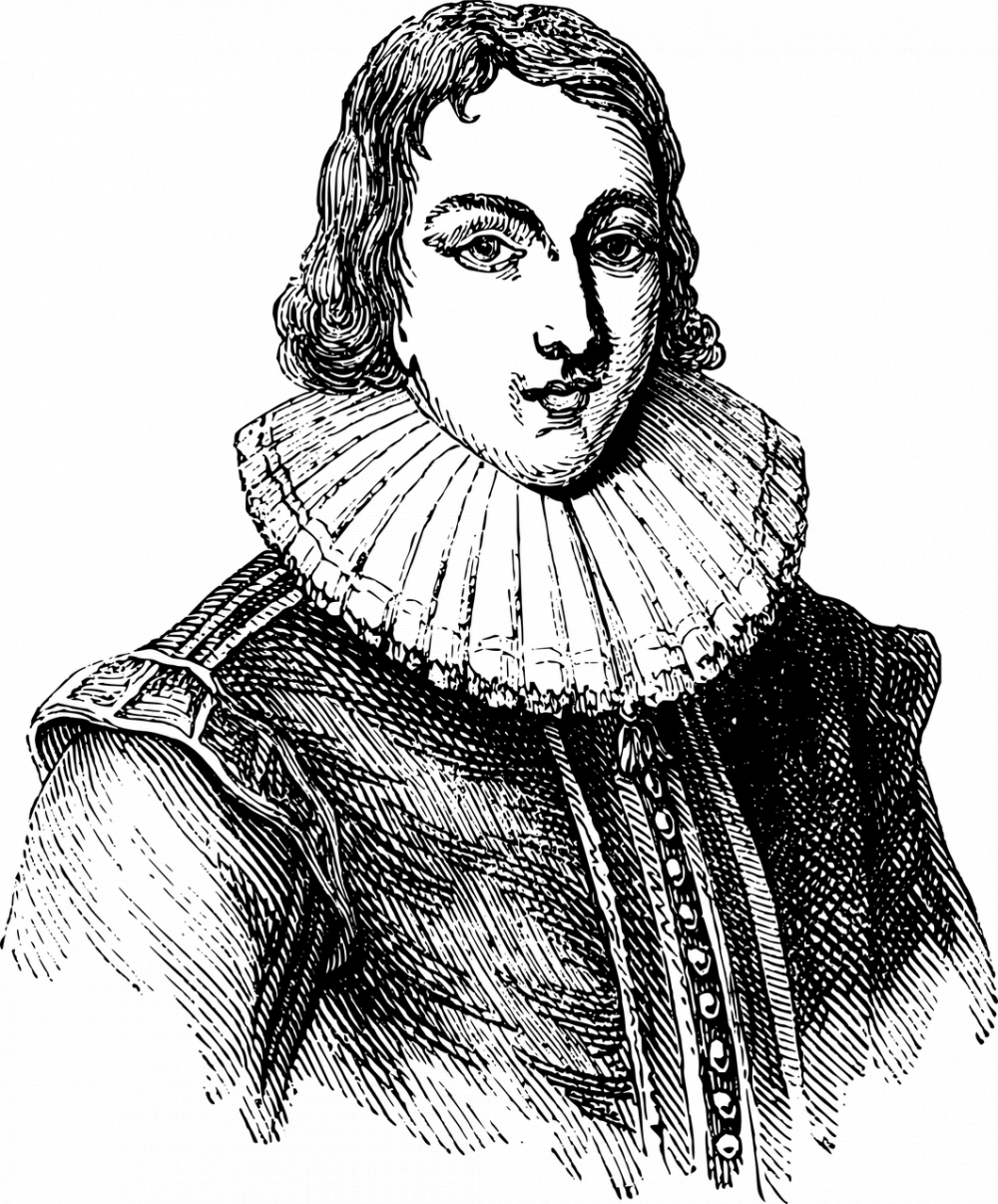Animal Farm: George Orwells Timeless Allegory

Introduction:
“Animal Farm” by George Orwell is a literary masterpiece that conveys a powerful message through the allegorical portrayal of a group of farm animals. This novel, published in 1945, remains relevant even today, captivating readers with its astute commentary on political systems and human nature. In this comprehensive article, we will delve into the significance of “Animal Farm” for those interested in literature and history, exploring its historical context and development over time.
Historical Overview:

During the early 20th century, Europe witnessed upheavals, revolutions, and the rise of totalitarian governments. Orwell, a keen observer of these events, penned “Animal Farm” as a scathing critique of the Soviet Union under Joseph Stalin’s rule. Through the clever use of farm animals as stand-ins for different factions of society, Orwell presented a cautionary tale about the corruption of power and how revolutions can be hijacked by those who seek personal gain at the expense of the population.
The Evolution of “Animal Farm”:
Upon its initial publication, “Animal Farm” was met with mixed reactions. Despite its critical acclaim, some publishers hesitated to associate with a novel that criticized the Soviet Union, particularly during World War II when Stalin was seen as an ally. However, over time, Orwell’s work gained recognition for its profound insight and literary merit. It became widely acknowledged as a brilliant allegory, transcending its immediate context and offering a universal commentary on power dynamics and the dangers of totalitarianism.
Key Themes and Symbolism:
One crucial element of “Animal Farm” is its timeless themes. Orwell employs a range of animal characters to represent distinct aspects of political systems and human behavior. For example, Old Major, a wise pig, embodies Karl Marx and his revolutionary ideas, while Napoleon, a power-hungry boar, represents the Stalinist regime. Through animals like Boxer, the hardworking and loyal horse, Orwell highlights the exploitation of the working class, while Snowball, the visionary pig, symbolizes Trotsky and his struggle against the Stalinist regime.
The novel’s enduring popularity is also attributed to its engrossing narrative style. Orwell’s concise and accessible prose communicates complex ideas with ease, drawing readers into a world where animals question societal norms and rebel against oppression. The text’s brevity, combined with its profound depth, allows readers of all ages to engage with the story while comprehending the underlying political satire.
Impact and Contemporary Relevance:
Orwell’s “Animal Farm” continues to captivate audiences and spark intellectual discourse. Its astute critique resonates with those seeking to understand the dangers of authoritarianism and the manipulation of language for political purposes. The novel’s ideas have influenced subsequent works of literature and entered the broader cultural lexicon. The phrase “All animals are equal, but some animals are more equal than others” has become a well-known aphorism, encapsulating the inherent hypocrisy in unequal power structures.
Featured Snippet Potential:
As an informative online magazine article, we aim to structure the text to increase its chances of being displayed as a featured snippet on Google. To achieve this, we will format the content with clear headings and bullet points. By employing these techniques, we provide easily scannable sections that address specific subtopics, such as the historical background, key themes, and contemporary relevance of “Animal Farm.”
Conclusion:
In conclusion, “Animal Farm” by George Orwell remains an essential literary work that offers profound insights into human nature and political systems. Over time, the novel has transformed from a controversial critique of the Soviet Union into a revered allegory with universal relevance. Its ability to captivate readers with its powerful message, clever use of symbolism, and memorable characters has solidified its place in both the literary canon and popular culture. Orwell’s timeless masterpiece serves as a reminder of the importance of vigilance and individual freedom, making it essential reading for both art enthusiasts and collectors interested in thought-provoking literature.
Sources:
– Orwell, George. Animal Farm. Harvill Secker, 1945.
– Meyers, Jeffrey. George Orwell: A Biography. Da Capo Press, 2000.











